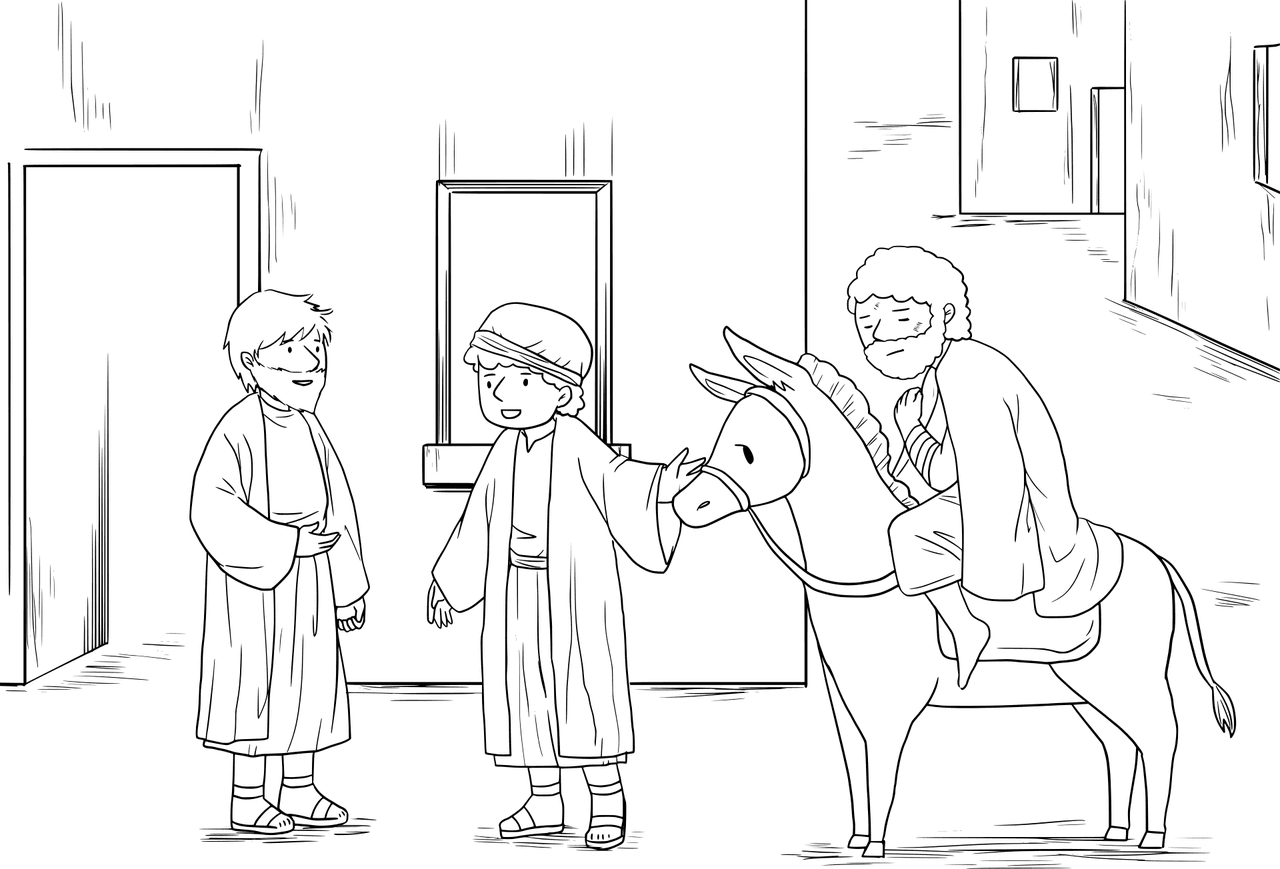Many people can be confused about Priests and Levites as they both acquire high status in religious activities and are devotees of god from the Israel temple in one way or the other.
Key Takeaways
- Priests were religious leaders in ancient Israel who performed rituals and sacrifices. At the same time, Levites were members of the Tribe of Levi who assisted in the maintenance and operations of the temple.
- Levitical priests descended from Aaron, Moses’ brother, while other Levites had various temple-related roles.
- Both priests and Levites held significant religious authority in ancient Israelite society.
Priest vs Levite
A Priest is a spiritual title that is used to describe a man that aids people to reach God and also have contact with him, and he performs all the needed religious duties. A Levite is a man that is from the Levi tribe and is in charge of the activities needed to be done in the temple of God.

According to ancient Israeli culture, the priest helps people connect to god and acts as a messenger between people on earth and god in heaven.
Levite is a tribe of community of men who are educated and devotees of God. Levite is a man according to ancient Israel culture. They perform different duties in the service of God.
Comparison Table
| Parameters of Comparison | Priest | Levite |
|---|---|---|
| Position | He occupies a higher position than the Levite. | He occupies a lower position than the priest. |
| Permission | He has the permission of entering any holy place without any restriction. | He does not have the permission of entering a holy place. |
| Sacrifices | He is one responsible for making sacrifices for all the people and himself. | He does not perform any such sacrifice on behalf of the people. |
| Criteria | Certain criteria need to be fulfilled in order to become a priest. | It is more of an inborn status one can possess. |
| Religious Activities | He performs all the activities inside the temple. | They are responsible for the functioning of the temple |
What is Priest?
A priest is a man who helps people reach and contact god. A priest existed and played a role in god’s worship since ancient times.
The priest is chosen from all the Levite men existing in the tribe. According to ancient laws, men were only given the authority of being priests.
He must also be able to perform all the religious duties so as to connect people to the mighty lord. A priest among all the Levites is considered to be the purest and is only permitted to enter the holy place.
There also exists a high priest under whom all the other priests work. However, after the death of Crist, many people asked to stop the priesthood of Levi as they believed no other sacrifices were needed after that of Christ.
Also, the practice of priesthood gained a lot of controversies as people believed one could directly contact god, and no Levi messenger was needed for that.

What is Levite?
Levites are men who have descended from the Levi tribe. It was an official tribe chosen to serve the god by the laws itself. The Levi tribe is responsible for all duties needed to be performed in God’s temple of Israel.
They also perform teachings to all other tribes about the principles of god. Before Levites started serving the god, the elder sons of all twelve tribes were responsible for the duty at the Tabernacle.
But, the first son of all the other tribes helped in the execution of the Tabernacle financially as they provided money for any practice to be undertaken at the temple.
The Levites also help with the construction, maintenance, and execution of the Tabernacle. Choosing a priest among themselves who is the best devotee of God comes under one of their important duties.

Main Differences Between Priest and Levite
- Anyone who is a man and comes under the Levi tribe can be a Levite, whereas being chosen as a priest requires much more than that.
- A priest performs sacrifices on behalf of the people, whereas a Levite is not permitted to do that.
- https://books.google.com/books?hl=en&lr=&id=0HWtAwAAQBAJ&oi=fnd&pg=PA5&dq=priesthood+of+israel&ots=cBhyrlsWCs&sig=S00LOF7clUhdJUhtn-AfecqPH2Y
- https://journals.sagepub.com/doi/abs/10.1177/0146107909354705

Positive: The article is a great source of information for understanding the ancient roles of Priests and Levites.
Sarcastic: Because I always use this irrelevant information in my day to day life.
Comical: I enjoyed the light-hearted tone of the article.
Positive: The article provides interesting historical insight into the roles of Priests and Levites.
Positive: The article offers a comprehensive explanation of the roles of Priests and Levites.
Comical: I wish this article had been around when I was at the temple recently.
Informative: Thanks for the explanation, now I understand the differences between Priests and Levites better
Positive: I am glad I now know the difference between Priest and Levite, I am happy I was able to learn new things.
Ironic: I am happy someone is finally explaining this. I thought it would much easier if we were explained this in the temple
Negative: I don’t see the relevance of this article in the modern world.
Positive: It’s an excellently written article that sheds light on the ancient role of Priests and Levites.
Informative: It’s interesting to look back at the roles of Priests and Levites, even if that knowledge doesn’t apply to our lives today.
Positive: The article is very clear and concise. It explains the differences between Priests and Levites very well.
Informative: Great explanation of the differences between priests and Levites.
Positive: This article is very informative and helps provide clarity on the differences between Priests and Levites.
Informative: The article is great for understanding the historical context of Priests and Levites.
Argumentative: I am not convinced that this is still relevant in today’s worship.
Positive: The article gives a good explanation of the Levite and the role they played in ancient times.
Negative: This is irrelevant we are in the 21st-century things have changed. The principles provided in this article are not applicable today.